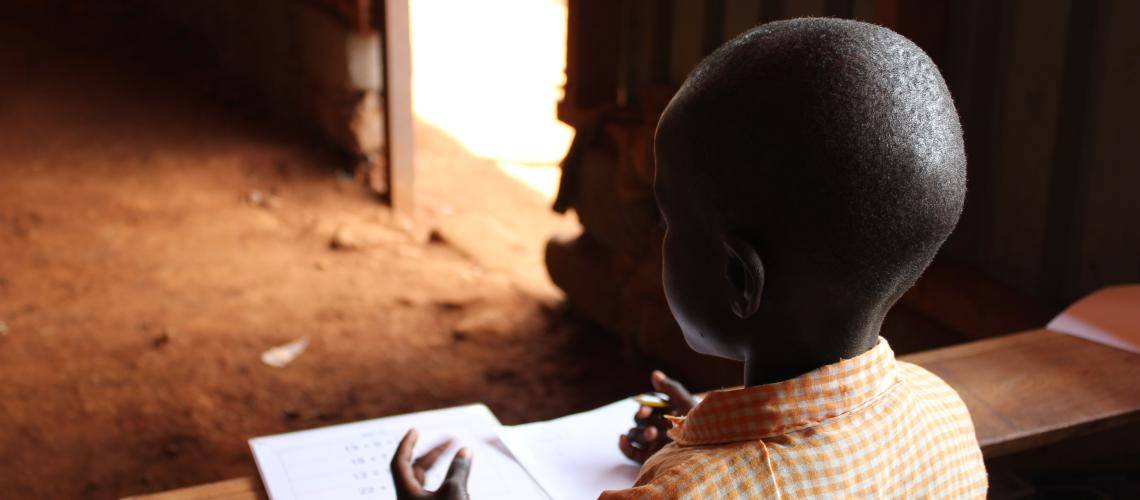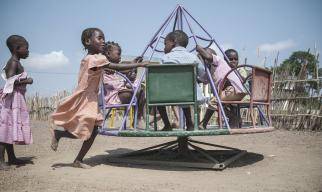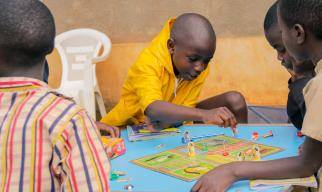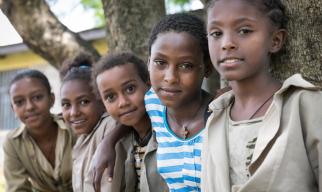Investing in education for young children generates high returns, particularly when compared to equivalent investments made at later stages in life. A child’s early years are the foundation for future development, providing a strong base for lifelong learning and learning abilities. Interventions to promote sensory and intellectual stimulation, offered within the child’s first environment, are powerful tools to enhance learning. Yet many African countries still grapple with the challenge of providing cost effective and sustainable quality Early Childhood Care and Education (ECCE) for marginalized children.
Recognising the gap in government support for family and community engagement ECCE programs, this project seeks to adapt and scale up key elements of three early learning models. Although the three proven models, home-based, centre-based and play based models, seek to promote learning for children, they do not explicitly address children with disabilities and children from extremely poor households who are unable to attend ECCE centres. Demonstrating the added value of a hybrid approach to early learning, the project will integrate the different elements of these three models to create the Inclusive Home-based Early Learning Project model. The aim is to generate lessons about how parents and teachers can support learning in a home and classroom environment enriched with sensory experiences to improve both access and learning outcomes for children. The project’s intended outcome is increased community- to national-level action to provide access to quality ECCE for boys and girls including those with disabilities in Uganda, Kenya and Zimbabwe.
Project Abstract
Implementing Organizations: Kyambogo University, Uganda (Lead), Sense International, Masinde Muliro University, Zimbabwe University
Project Leader:Godfrey Ejuu
Implementing Countries: Kenya, Uganda, Zimbabwe
Main Theme: Early Childhood Care and Education
Duration: 30 months
Updates and Activities




